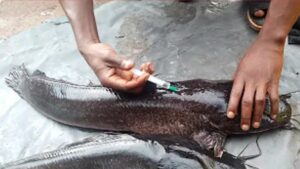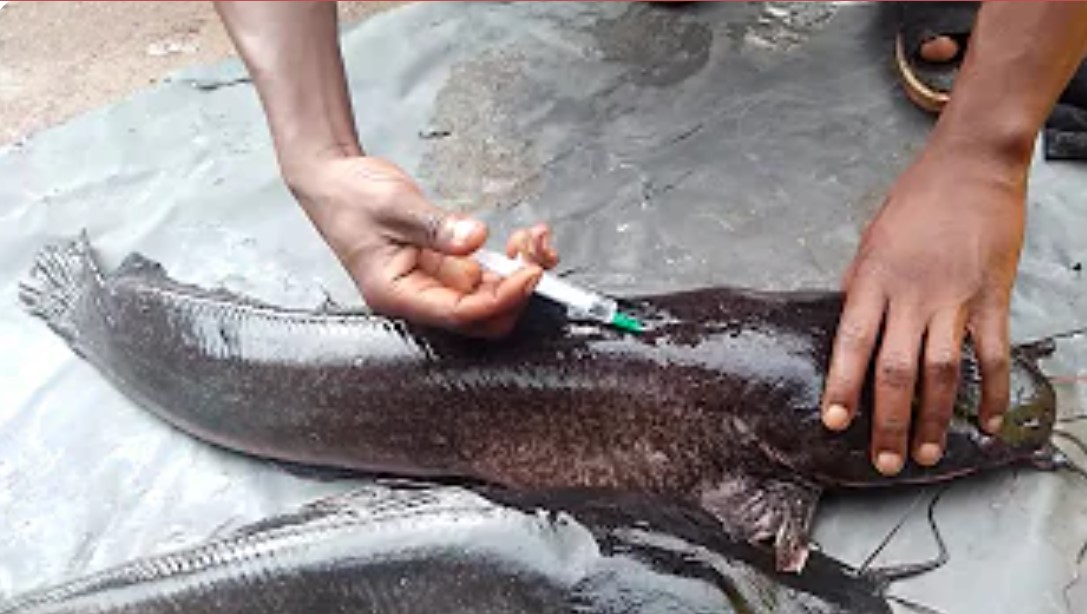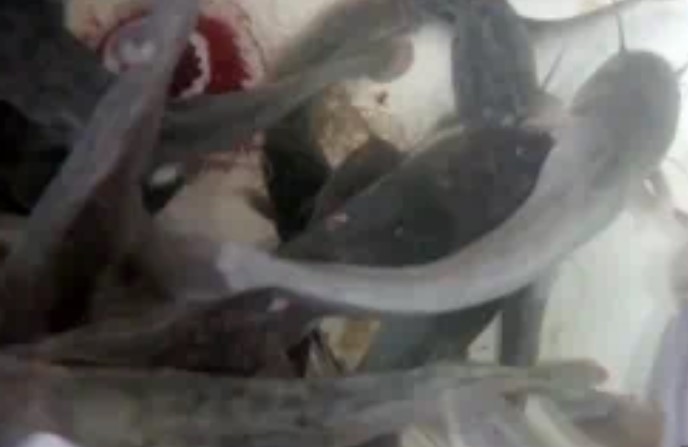Economic Importance of Mature Fresh Catfish Eggs
Mature catfish eggs play a crucial role in the reproduction and survival of catfish species. This concise topic aims to provide a comprehensive overview of the development and care of mature catfish eggs. It covers key aspects such as the reproductive cycle, egg development stages, environmental conditions for successful egg incubation, parental care, and factors affecting egg quality and hatchability. Understanding these fundamental aspects is essential for aquaculturists, researchers, and fish enthusiasts involved in catfish breeding programs. It enables them to optimize breeding techniques, ensure higher survival rates, and contribute to the sustainable development of catfish farming.
Aquaculture, farming aquatic organisms, plays a significant role in meeting the increasing global demand for seafood. Among the many fish species cultivated, catfish (order Siluriformes) holds a prominent position due to its hardiness, rapid growth, and high market value. In recent years, the economic importance of mature fresh catfish eggs in aquaculture has gained attention, as they serve as the foundation for successful catfish hatchery operations. This SEO topic explores the various economic aspects associated with mature fresh catfish eggs and their contribution to the growth and profitability of the aquaculture industry.

1. Understanding Catfish Reproduction: Before diving into the economic implications, it is crucial to comprehend the reproductive process of catfish. Catfish are known as oviparous fish, meaning they reproduce by laying eggs. The successful breeding of catfish in captivity relies heavily on obtaining mature fresh eggs harvested from mature female broodstock.
2. Significance of Mature Fresh Catfish Eggs: Mature fresh catfish eggs play a pivotal role in the aquaculture industry for several reasons:
a. Seed Stock Production: Catfish eggs are the primary source for producing high-quality fingerlings, which are then raised for the commercial market. The availability of a consistent supply of mature fresh eggs directly influences the quantity and quality of seed stock produced.
b. Genetic Improvement: Selective breeding programs aim to enhance desirable traits in catfish, such as growth rate, disease resistance, and fillet quality. Aquaculturists can produce offspring exhibiting improved features by utilizing mature fresh eggs from broodstock with superior genetic characteristics, enhancing market value and profitability.
c. Hatchery Operations: Catfish eggs are incubated in controlled hatchery conditions until they hatch into fry. Hatcheries that maintain a reliable supply of mature fresh eggs can operate consistently and meet market demands for catfish fingerlings, fostering a stable and profitable business model.
3. Market Demand and Value: The economic significance of mature fresh catfish eggs is evident in the demand and value of catfish seed stock. The availability of healthy and genetically superior fingerlings influences the productivity and profitability of catfish farms. Aquaculture operations that consistently supply high-quality seed stock have a competitive advantage, enabling them to capture a larger market share and command premium prices.
4. Export Opportunities: Catfish farming has expanded globally, with many countries importing catfish fingerlings for their aquaculture operations. Mature fresh catfish eggs can be a valuable commodity in international markets, providing export opportunities for incubators that can meet the stringent standards and regulations associated with the seed stock trade. This global demand further emphasizes the economic importance of mature fresh catfish eggs.
5. Research and Development: Investing in research and development related to catfish breeding and reproduction contributes to the economic growth of the aquaculture industry. Studies focusing on improving spawning techniques, egg quality, and incubation methods enhance the efficiency of egg production and hatchery operations, thus increasing profitability for aquaculturists.
Mature fresh catfish eggs are a valuable asset in aquaculture, serving as the foundation for successful catfish hatchery operations. Their economic importance is evident in producing high-quality seed stock, genetic improvement programs, market demand, export opportunities, and ongoing research and development efforts. By recognizing and harnessing the economic potential of mature fresh catfish eggs, stakeholders in the aquaculture sector can sustainably grow their businesses and contribute to the global seafood supply.






